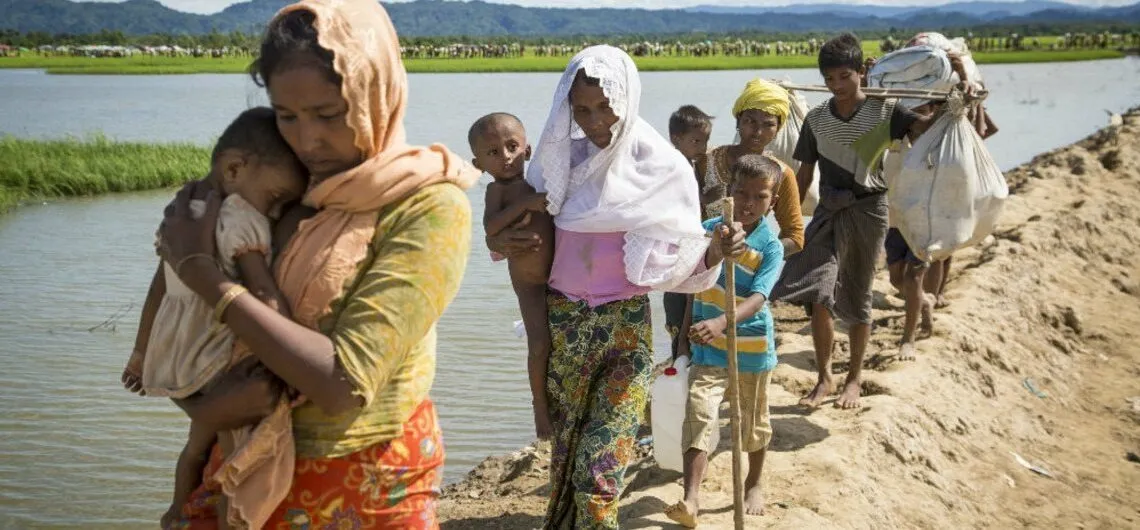Dhaka weighs revival of ‘Humanitarian Corridor’ for Rohingya amid rising violence in Myanmar’s Rakhine
Related Articles
Navi Mumbai Teacher Booked for Allegedly Beating Student Over Tables
A private tuition teacher, Rupali Thavi, has been accused of physically assaulting a Class 8 student for not memorizing multiplication tables. The incident occurred...
Priyanka Chopra Recalls Childhood Incident in Delhi, Praises Mother’s Courage
During the promotional events for her upcoming film, The Bluff, Priyanka Chopra recounted a harrowing episode from her childhood that left a lasting impression...
Switzerland to Host Global AI Summit in Geneva in 2027
Switzerland will host the upcoming AI Summit in Geneva in 2027, as confirmed by Swiss President Guy Parmelin during his speech at the India...


